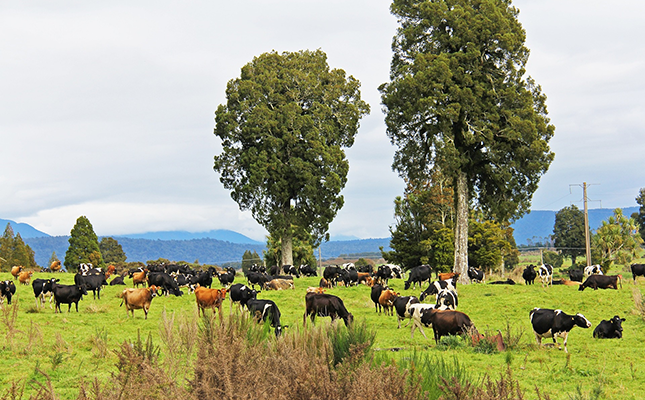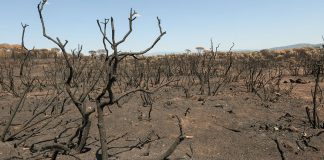
Photo: Pixabay
According to a government statement, the levy that would be introduced in 2025 would be a world first, and farmers should be able to recoup their costs “by charging more for climate-friendly products”.
However, according to the president of Federated Farmers (the local industry’s main lobby group), Andrew Hoggard, the tax would “rip the guts out of small-town New Zealand and affect food production because farms would be replaced with trees”.
Andrew Morrison, chairperson of Beef + Lamb New Zealand agreed, saying in a statement that, “we will not accept a system that disproportionately puts our farmers and communities at risk”.
According to a report by Al Jazeera, there were about 10 million beef and dairy cattle and 26 million sheep in New Zealand, compared with only five million people.
Approximately half of total greenhouse gas emissions in that country was being attributed to agriculture, with the industry currently being exempted from the country’s emissions’ trading scheme.
According to media reports, these emissions included 91% of New Zealand’s biogenic emissions of methane, a potent greenhouse gas with more than 80 times the global warming power of carbon dioxide in the short term.
“New Zealand’s farmers are set to be the first in the world to reduce agricultural emissions, positioning our biggest export market for the competitive advantage it brings in a world increasingly discerning about the provenance of their food,” New Zealand’s Prime Minister Jacinda Ardern said during a media briefing.
According to the proposed plan, the prices for trading gasses such as carbon dioxide would be set annually based on domestic emission prices for other sectors, while a price for biogenic methane would be calculated in consultation with the Climate Commission.
The government’s statement added that the revenue raised would be “recycled back into the agriculture sector through new technology, research, and incentive payments to farmers”.
New Zealand’s government previously pledged to drastically reduce greenhouse gas emissions in an effort achieve its target of carbon-neutrality by 2050.
This included a commitment to reduce methane emissions from livestock by 10% by 2030, and by up to 47% by 2050.












